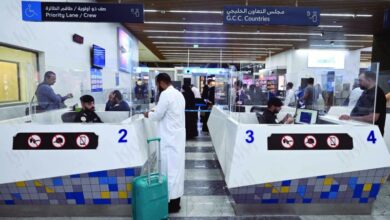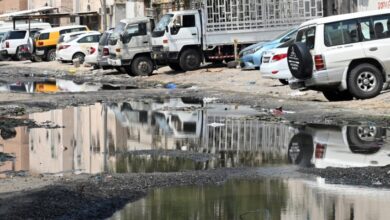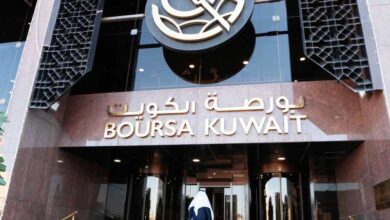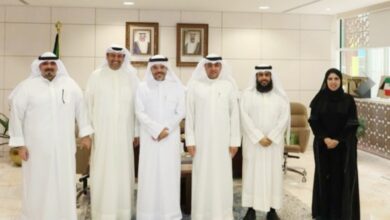
• The first steps towards comprehensive Gulf integration will be achieved through two key projects: electrical interconnection and the railway network.
The 45 recommendations from the recent Gulf summit in Kuwait on comprehensive Gulf integration are now being implemented. Logistical and executive actions have been initiated by the relevant authorities, bringing the long-sought integration of Gulf Cooperation Council (GCC) countries closer to reality.
Sources told Al-Anba newspaper that the first steps towards comprehensive Gulf integration will be achieved through two key projects: electrical interconnection and the railway network. They explained that connectivity between GCC countries is among the most significant projects, offering numerous benefits, including connecting infrastructure, reducing the required electrical reserve in each country, providing mutual coverage during emergencies, utilizing surplus energy, and lowering electricity production costs.
They added that the Gulf Railway Network project plays a vital role in achieving economic integration and sustainable development among GCC countries. With their strategic location at the crossroads of major regional routes, the Gulf countries are positioned to become a central hub for trade and transport.
The railway network enhances this role, fosters economic growth, facilitates the flow of goods and passengers, and creates new avenues for development.
The sources further stated that as part of their future integration plans, Gulf countries will empower the Gulf Centre for Emergency Management—an early warning system—with the authority to sign memorandums of understanding with countries and organizations specializing in energy, forecasting, and response to nuclear and radiological emergencies. The center has already signed two such agreements with Chinese emergency authorities and the European Union Commission.
Additionally, the sources noted that the Gulf countries are undertaking projects focused on comprehensive integration. These include linking early warning devices, activating the construction of a nuclear data platform, and enhancing emergency response capabilities.
Special attention is also being given to artificial intelligence (AI), which is considered a crucial element in the integration process. The use of AI, including robots, has become an essential part of daily life, aiding in traffic management, task automation, and crisis response. Virtual assistants and AI-driven technologies also play a key role in addressing emergencies and disasters.















